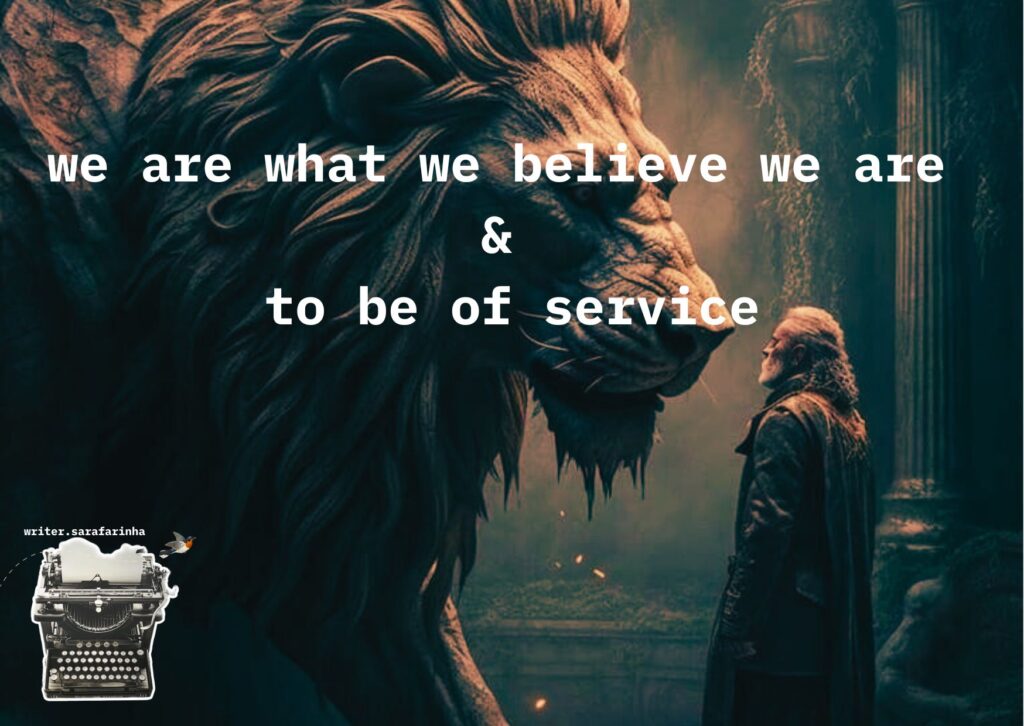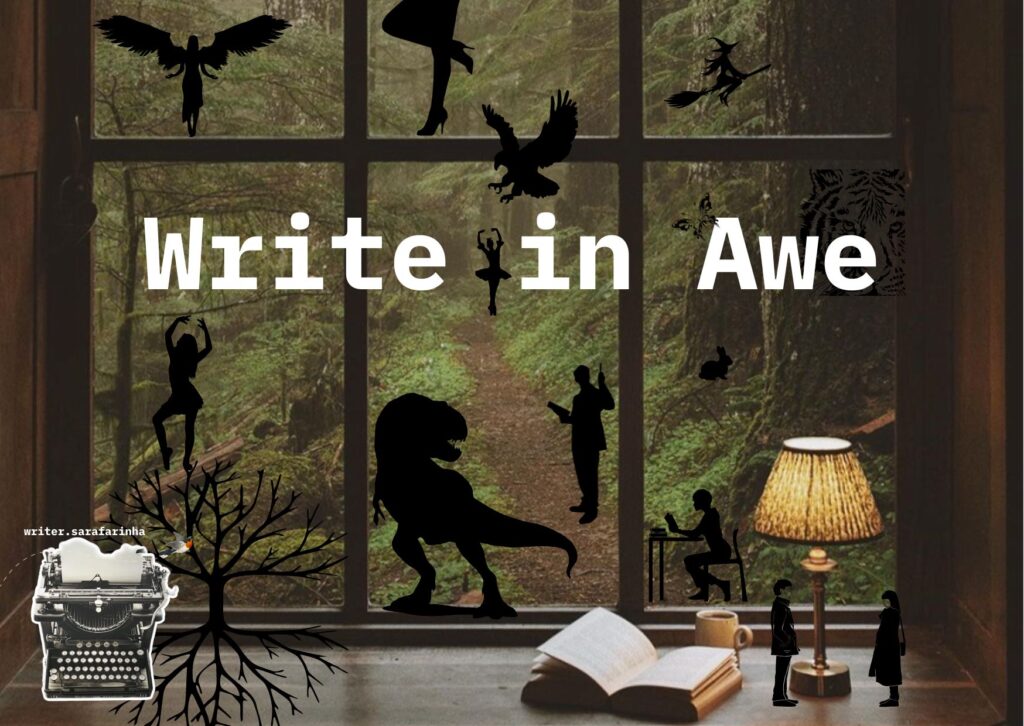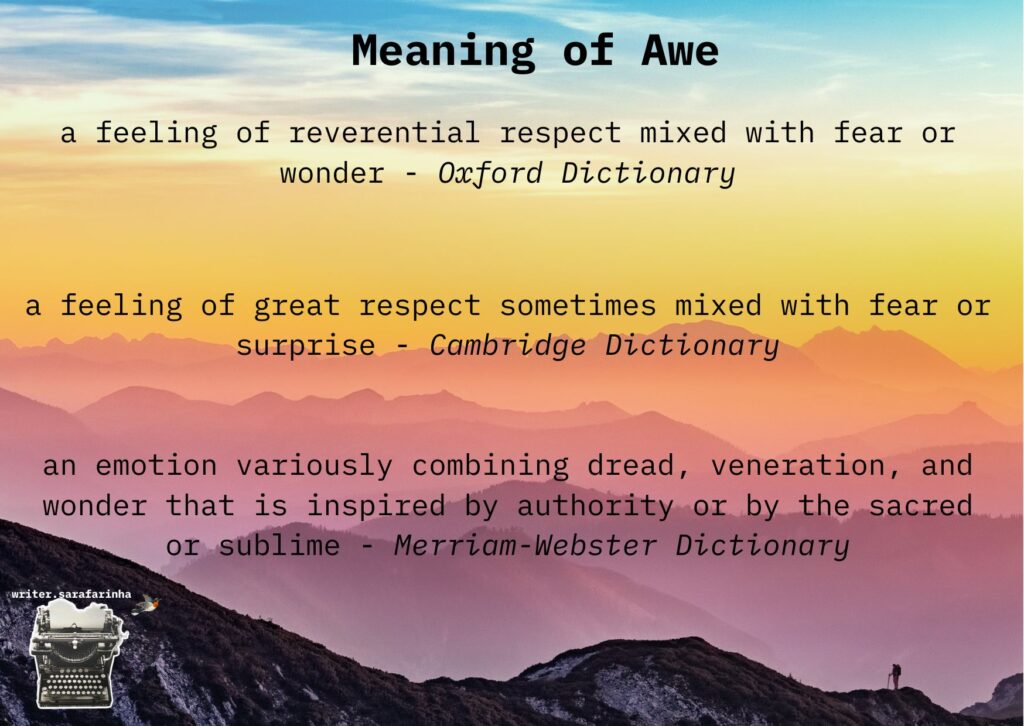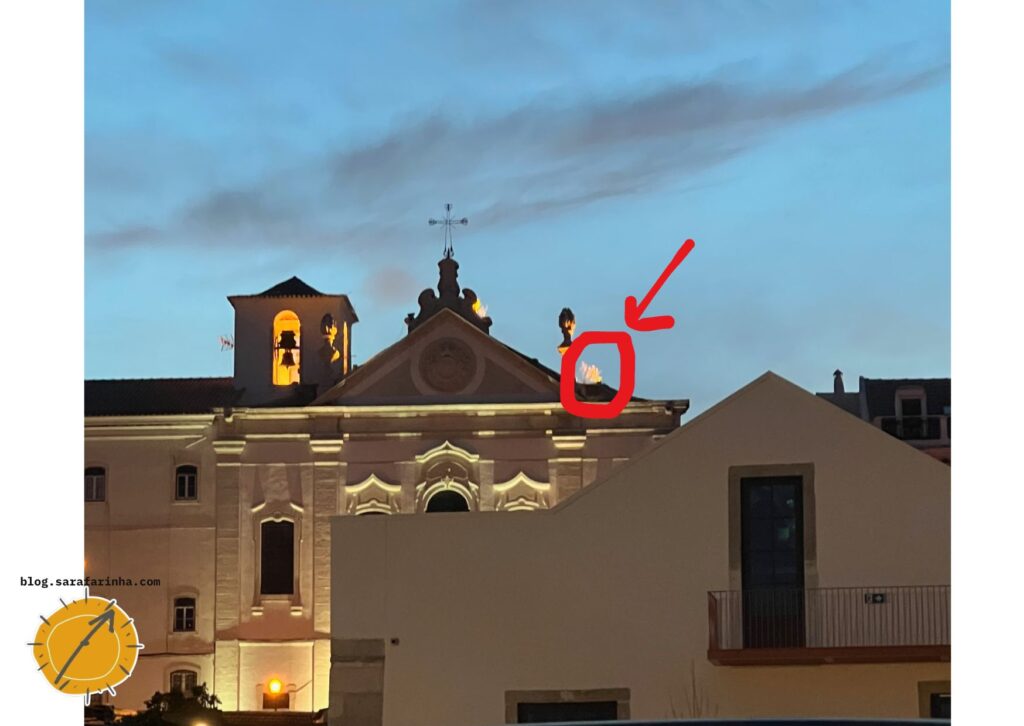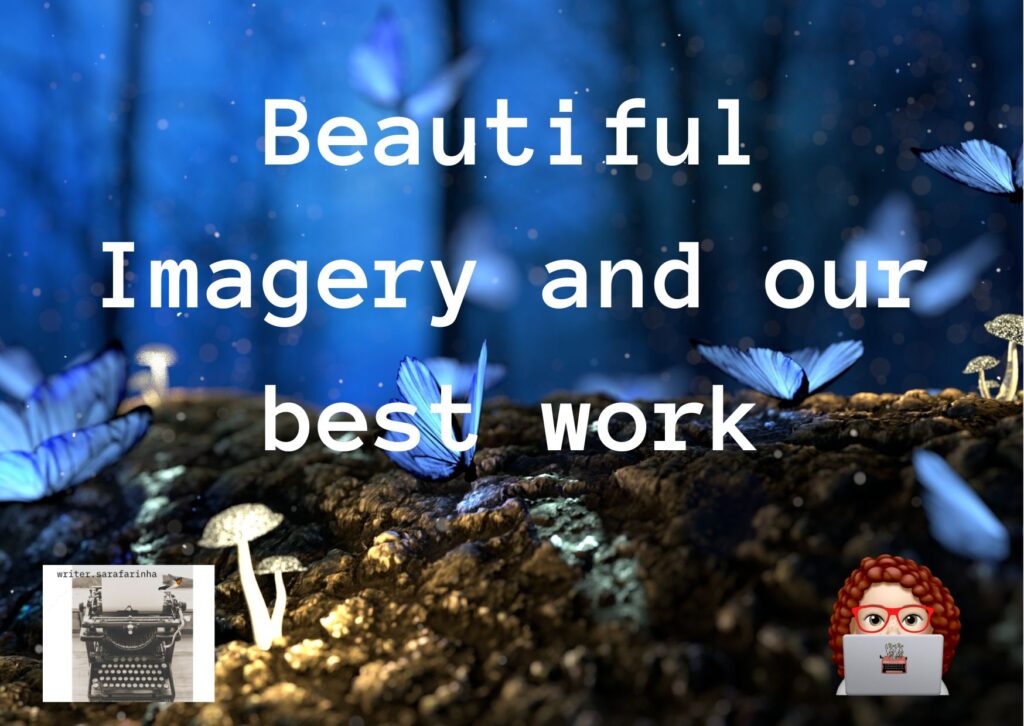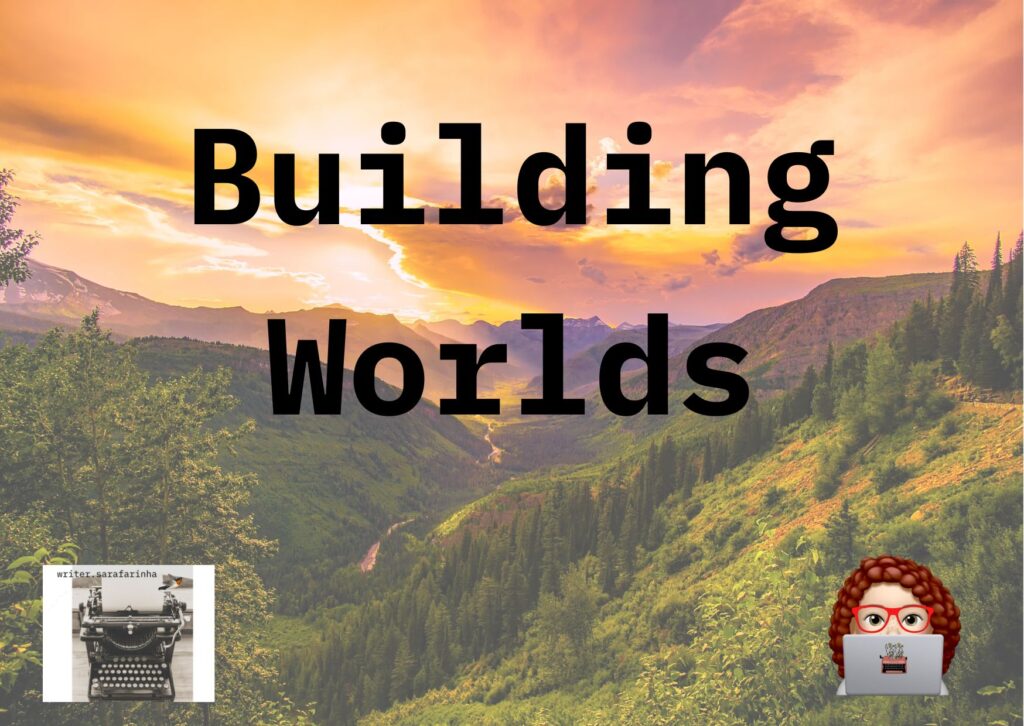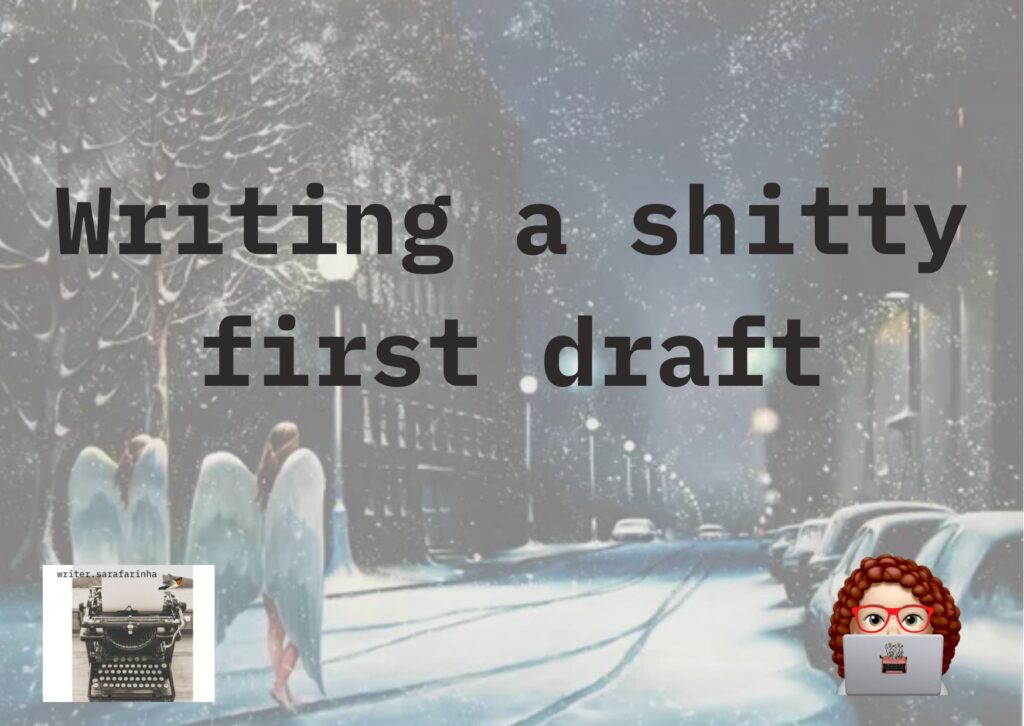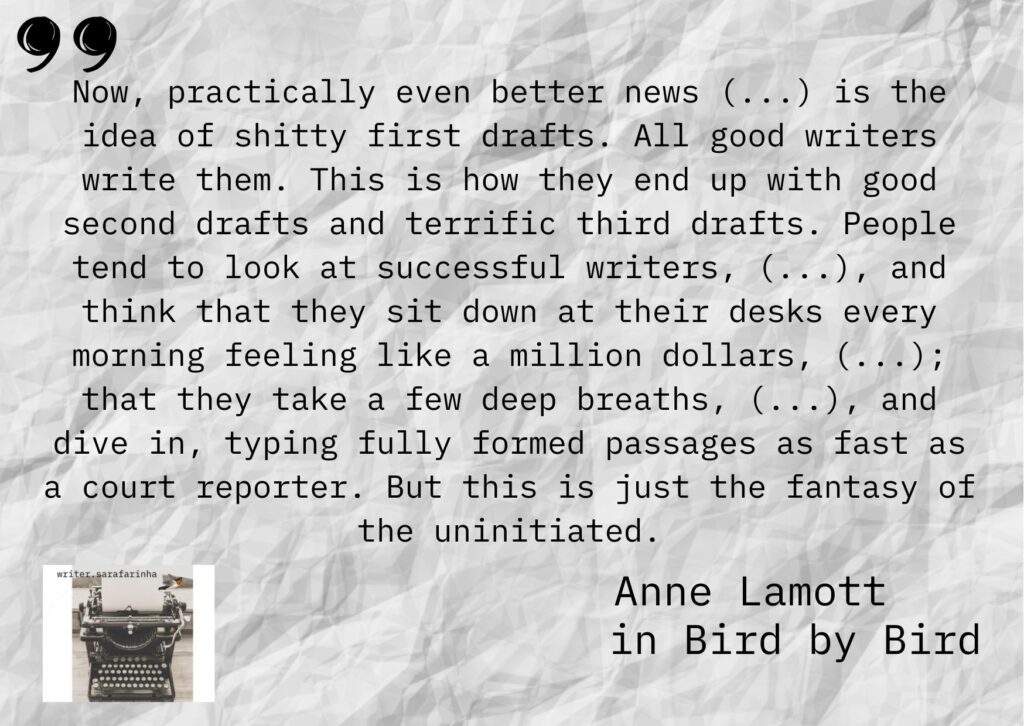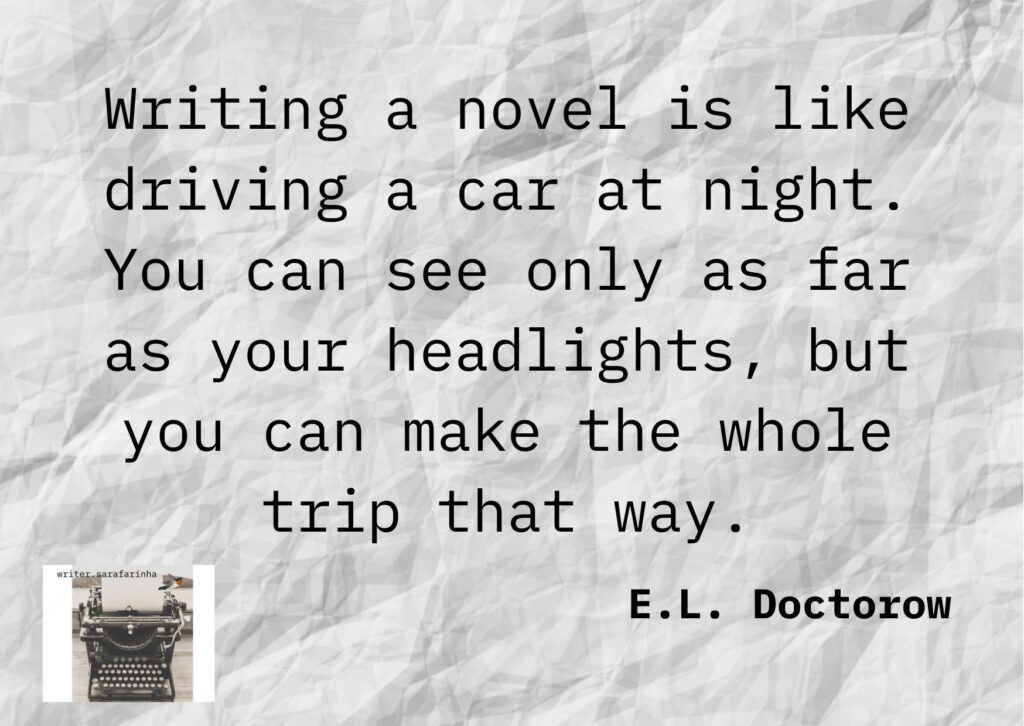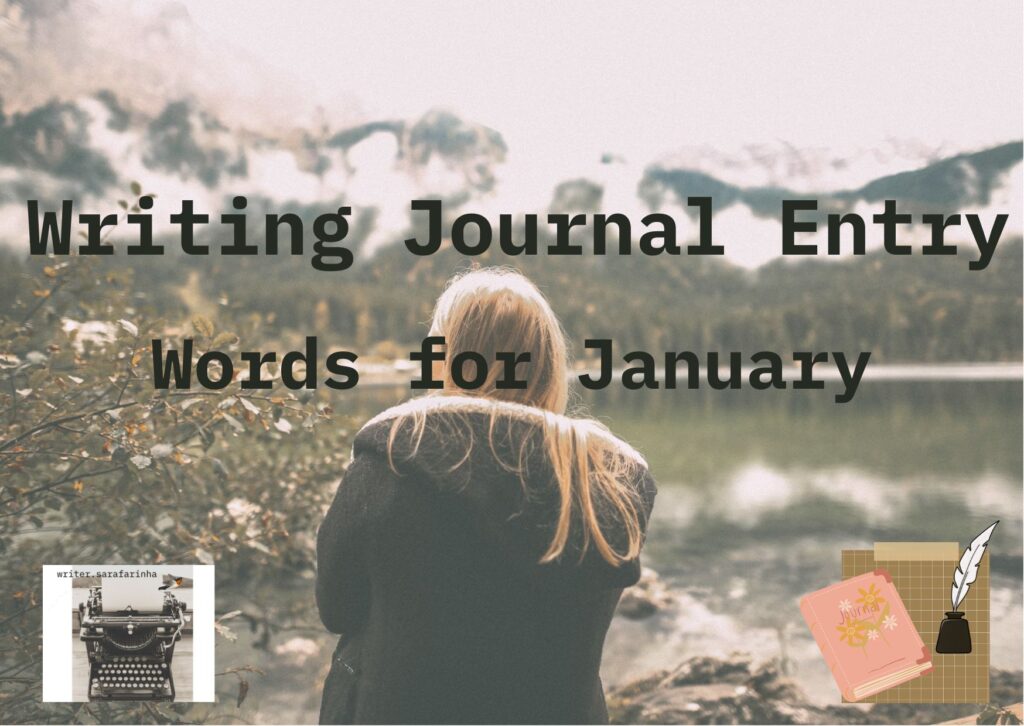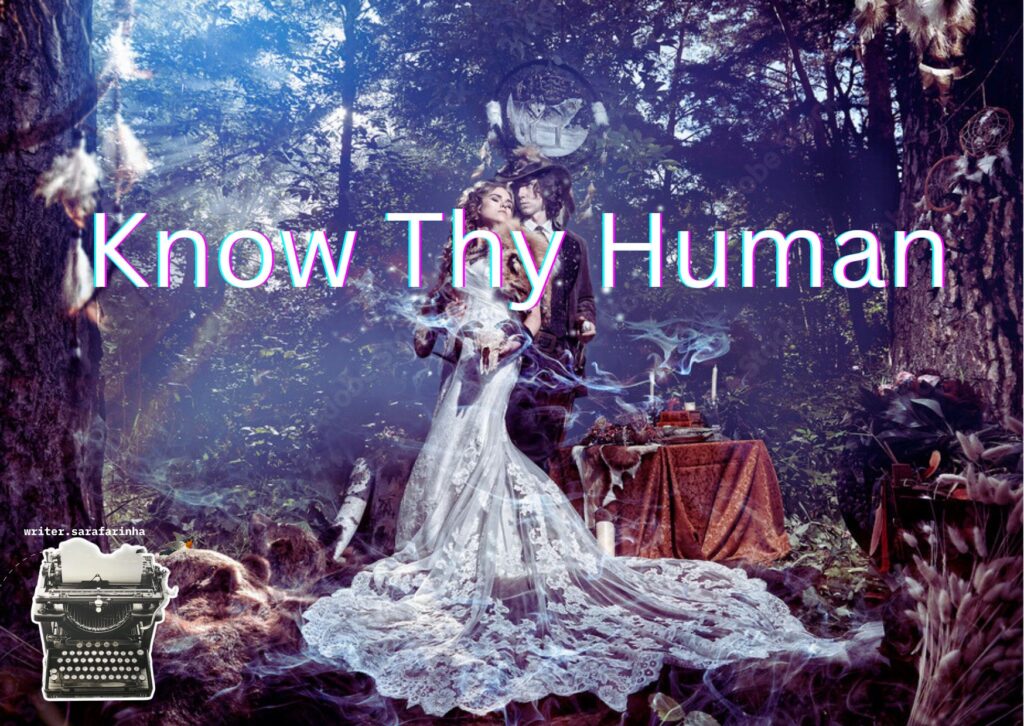
Hello all! Welcome back to this blog.
Know thy Human.
Not ourselves… of course, it kind of means know thyself and not just know others but…
Why? Why is it important to know human minds and not just the gist of how a human mind works? Why is it useful to understand the different ways each one of us has to perceive, and act upon something, in our lives?
To write is to convey in a page how individuals think and interact with the happenings in their lives. It’s to respect and bring to life their differences. It’s to extrapolate, using what we know to be basics human behaviour and possible mindsets.
It is important to pay great attention to this because it’s how we get to write believable characters, how we are able to imagine coherent plots, how we create a good story, how we make the people in those stories freaking interesting.
And not just for the hero’s, and the lukewarm characters in there, but for the villains also.
If something feels not feasible, hard to imagine, or simply not in accord with what we know to be possible, maybe this is the reason why: We do not know Our Human of that story very well.
To understand human minds is hard, and usually, we get to imagine every other person in light of what we think we know about them, and in light of what we believe to be true about ourselves. We see others as we are and that gives us hell.
To write fiction, and non-fiction alike, we need to know people directly. To experience others perceptions. To live through situations that make us question why some people are, and act the way they do.
To make all that research into how an inexistent, or ficcional, being could come to be in this book of ours.
To have some accurate grasp on the well studied disciplines that provide scientific knowledge is adamant.
To study philosophy, psychology, and sociology, can give us the tools to understand people, and use that knowledge in our fictional constructs.
It’s not that we can’t write good characters without some measure of understanding in these areas. After all, writers tend to be good observants of others practicalities. We can do it, but it will be harder, and with a more drastic learning curve while doing it.
Maybe you do have a natural tendency to understand other people’s motives and actions. Maybe your passion has been to be a History devoted pupil, and it had given you the much needed foundations for your fictional writings.
Maybe you have lived through way too much hard/different/instructional or just plain shitty stuff, and have a first hand knowledge of the hard parts of life.
… Even then, to keep hungry for understanding it all a little bit better is what keeps most of us glued to this writing practice. I know I’m here in part to make reason out of no way in hell this is happening that is thrown at me every single day.
But what if we don’t like what we find about Ourselves?
And, let’s face it, most of us wouldn’t appreciate the scrutiny to begin with.
What if we find too much pain in our History, too much nonsense in our Sociology, too much of everything in Psychology and Philosophy? Too many misconceptions?
Now it’s the time that you’ll say: that is a given not an if.
Looking closely at something means that, we will find all the dark periods, the wrong choices, the massive unreasonable and unfair truths. We will take stock of diseases, influences, beginnings and mistakes, and a lack of answers for why it happened (and keeps happening still).
We will see unwilling relations, power moves and collective mind actions. Erasing all common sense and good judgement.
We will recognise logic but not heart.
… Like in the racial theories spread in the wake of the slavery business. Or the worldly religions distributing death, fuelling up conquests of power and riches. Or how pandemics took hold of large territories, killing people even at hands of the common cold. Sexuality being squashed under the heavy boots of the exploiters of others… there are lots of major trends like these throughout the centuries of human evolution.
Most of us are kind of trying to deal with some iteration, or other of this, by writing about the big issues. Stuff that happens to us, in our lifetime, but could easily be found in other ages.
But being the big issues, we need to keep them as small as possible. As unaffected, and manageable, by focusing on the details, instead of the impossible task of tackling the huge issue.
Learning from the Sciences always means you have to take it with a grain of salt. Nothing is infallible and trial and error has always been the way to go.
So we will never find definitive answers in science. We will find possibilities and scientific studies that work at some extent, and that may, or may not, be proof of some theory devised but another human being.
But even without absolute, one hundred percent, certainty it’s better to be aware of all that, and make it work in our Know Thy Human practice. Information can be power.
In my opinion, Science keeps being better than to believe in the belief.
If we believe it’s because it’s not true. Truth is a matter of being, not a belief… I read this a few days ago.. not recollecting where it was. But it is an interesting concept and was duly noted.
To understand a tiny bit of the human mind (and use it wisely) is to accept this difficulty in taking in the Big Picture, and find alternative, corroborating stories in it. Find its truth while writing about it… or imagine it.
At least, this is how I like to go about it. Collect info, try to give them some rhyme and reason, and then make the best out of shitty situations. Learning and Creating and trying never to forget how important it is to Know Thy (My) Human.
So… how’s that going for you?
***
